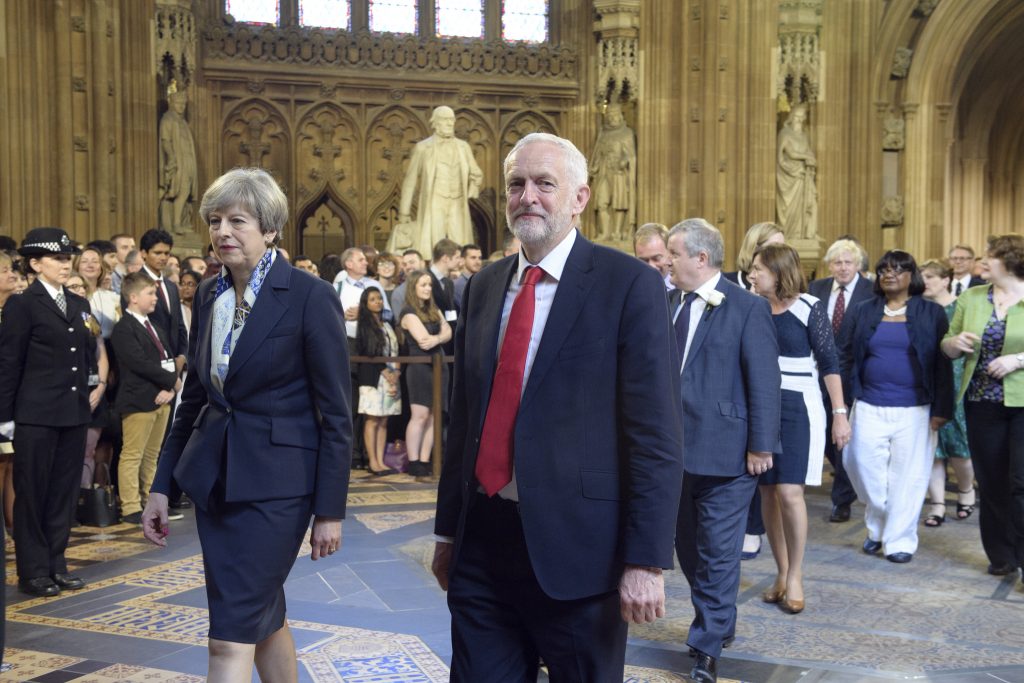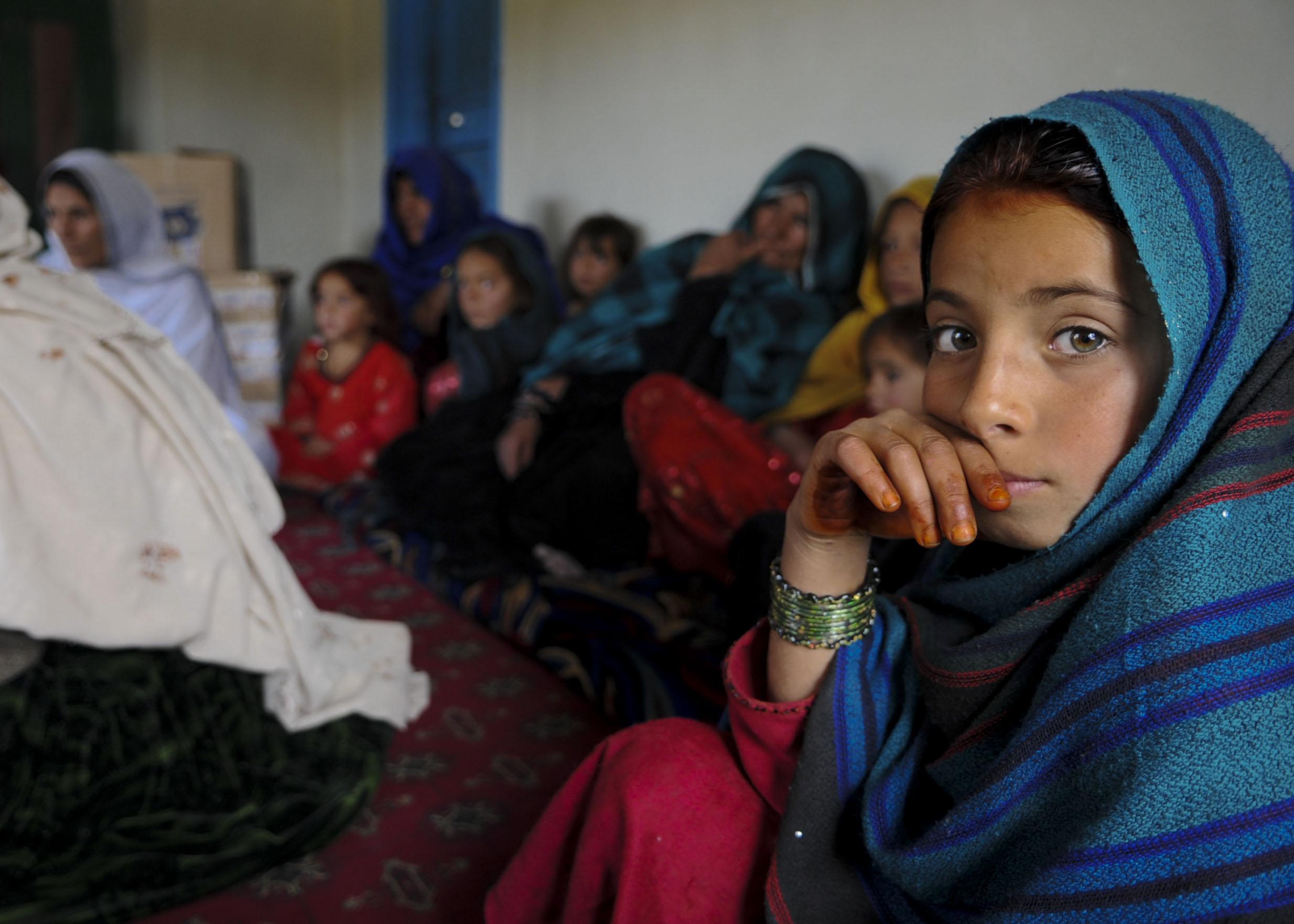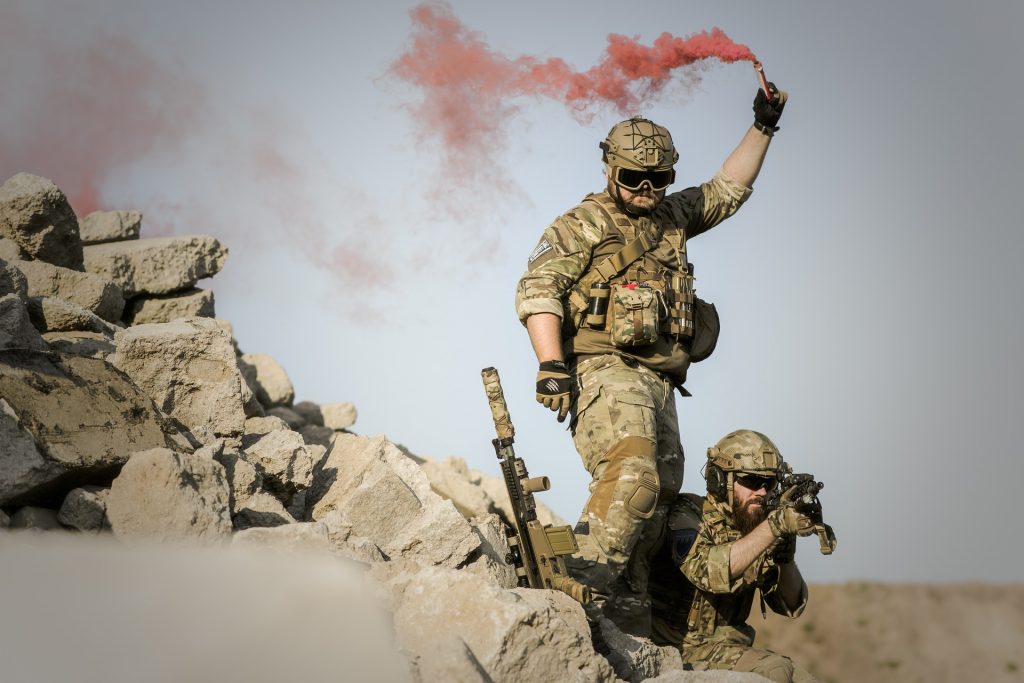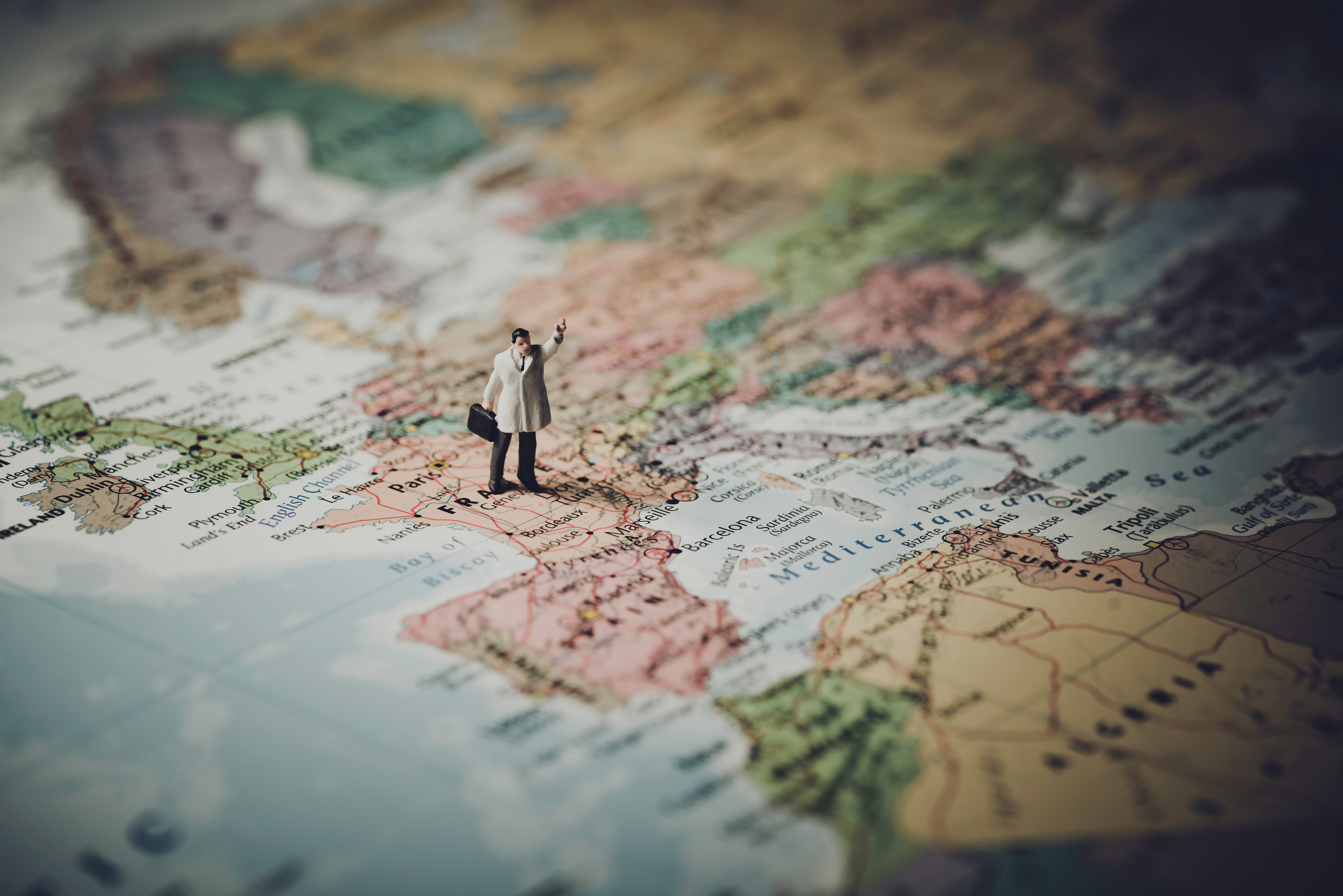Ever find yourself wondering what the UK government does in terms of protecting and promoting human rights internationally? Well, we’re here to give you a whistle-stop guide.
The UK has a rich history of protecting human rights, before they were even considered “human rights”.
The Magna Carta of 1215 was an agreement about the right to liberty and due process. The English Bill of Rights of 1689 limited Monarch’s powers and set out the rights of Parliament and certain individual rights like the prohibition of cruel and unusual punishment.
More recently, the Human Rights Act, which came into force in 2000, protects the human rights of everyone. The UK has been a driving force in making human rights what they are today. This applies not just on UK soil, but internationally.
How Does the Government Protect Human Rights Internationally?

Image Credit: UK Parliament / Flickr
There are different ways that the UK government can promote human rights abroad. Through legislation, for example, international businesses can be required to operate with respect to human rights. There are also two UK government departments which promote human rights internationally as part of their work.
The Department for International Development (DFID) has a primary objective to work to end extreme poverty. While it doesn’t specifically have a human rights mandate, many of its programmes involve strengthening economic and social rights, such as the right to water, education and housing. (See our article about Economic, Social and Cultural rights). You can also learn more about DFID’s programmes here.
The Foreign and Commonwealth Office (FCO) has the mandate of promoting the UK’s interests overseas and supporting British citizens and businesses around the world. As part of its current strategic plan, this involves protecting democratic values and supporting universal human rights. You can read the FCO’s 2016 report on human rights and democracy here.
Putting Ideals Into Practice

Image Credit: Cablammetch / Wikimedia Commons;
It’s all very well saying Government departments have a mandate to promote human rights, but how does this actually work in practice? Well, one example is the Modern Slavery Act 2015.
The ‘Transparency in Supply Chains’ clause of the UK Modern Slavery Act requires that any business operating in the UK, with a turnover of over £36 million a year, to write a statement on what it’s doing to address modern slavery within its supply chains. So any business that operates internationally has to respect this, provided they operate in the UK as well.
This is an important piece of legislation for human rights as it relates to the right not to be held in slavery or servitude. With an estimated 40.3 million people living in conditions of slavery worldwide, it is important for businesses to start recognising the impact their production chains and services can have on the rights of people around the globe. The Home Office also established a Modern Slavery Innovation Fund for overseas aid in tackling modern slavery.
Fighting Discrimination Worldwide

Image Credit: DVIDSHUB / Flickr;
According to Article 14 of the Human Rights Convention, everyone should enjoy the same rights without discrimination. This is also one of the main areas of work for the UK Government.
In 2016, the UK’s gender priorities were the elimination of violence against women and girls. In practical terms, this includes creating safer environments for women in girls in countries in North Africa and the Middle East, such as Afghanistan, with legislative reforms and the encouragement of political leadership.
In terms of activities to protect the rights of the LGBT+ community, the UK is a founding member of the newly established Equal Rights Coalition. Made up of more than 30 countries, they work together to promote LGBT +equality globally. The FCO also reports on various countries and their respect for LGBT+ rights among others.
Minimising the Impact of Conflict

Image Credit: Dariusz Sankowski / Pixabay
The emphasis on Freedom of Religion is a core part of the FCO’s work in terms of helping societies become more resilient against violent conflict. Part of the Magna Carta Fund is dedicated to supporting Freedom of Religion as part of the curriculum in Middle Eastern and North African secondary schools. The view is that tolerance of different religions and inclusion can help prevent violent extremism.
Sexual violence has been used during conflict as a form of physical and psychological warfare for decades. Aside from the actual horror survivors experience in such situations, there is often a stigma associated with being the victim of sexual violence. Over 2017, the UK Government ran workshops to address this issue. The workshops brought together survivors of sexual violence, experts and local governments in a variety of countries to help address some of the stigma associated with survivors of sexual violence in conflict.
As Foreign Secretary Boris Johnson, who is responsible for the FCO, states, “Promoting the values that Britain holds dear is not an optional extra, still less a vainglorious addition to our diplomacy; it is keeping with centuries of tradition. This is part of who we are…So promoting human rights is an essential aim of the foreign policy of a Global Britain.”
This piece is part of our #FightHateWithRights series and made possible by you through our crowd funder. The documentary, which will be launched on November 16, tells the story of three survivors of genocide.







